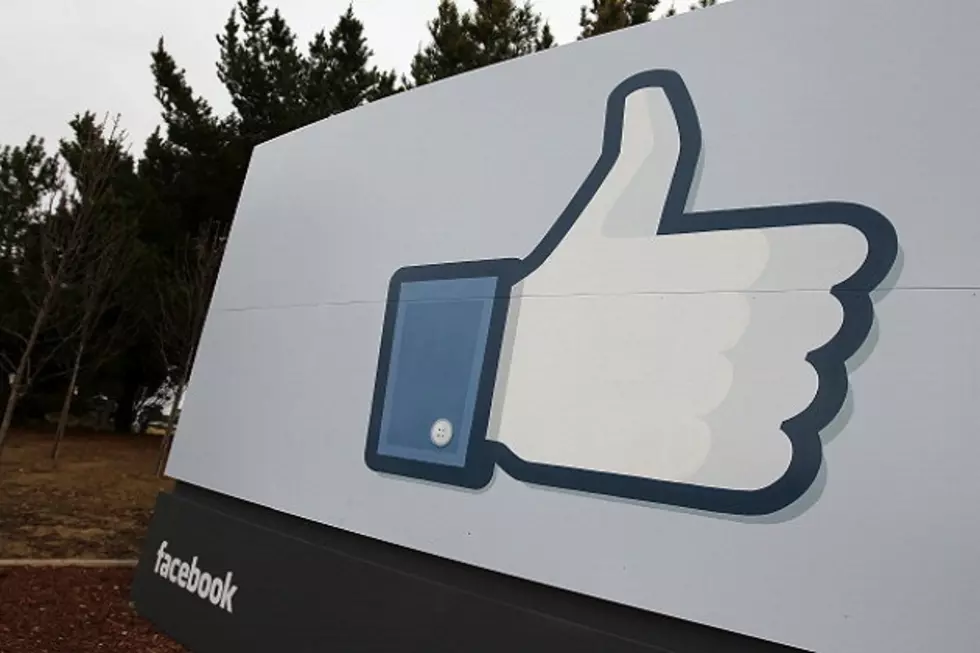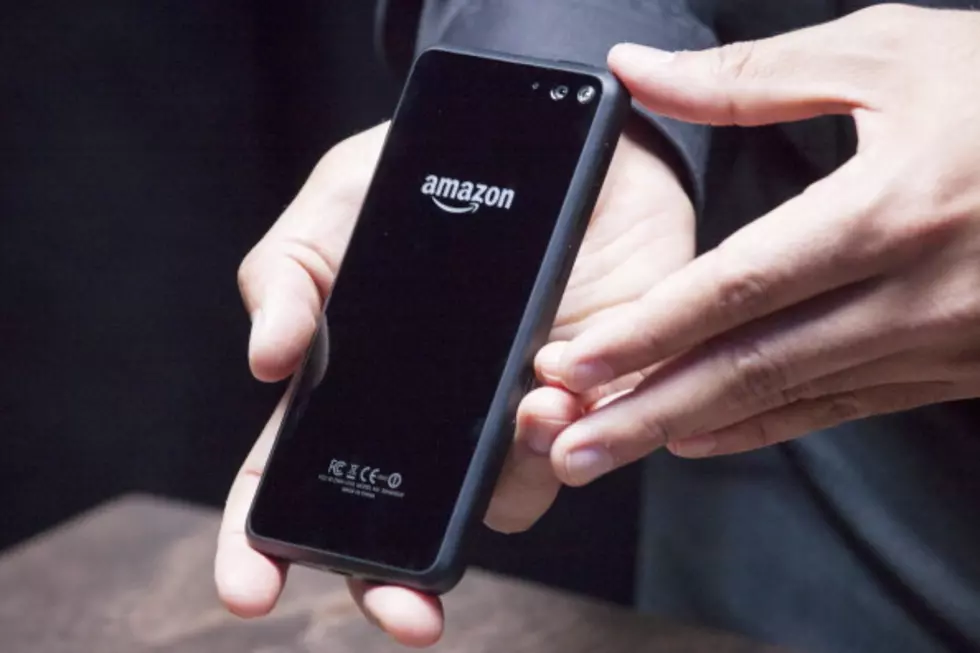
Geek Girl Report: How To Build A Computer – Part 1: Picking The Parts
Have you ever tried to build a computer? For geeks like me, building your own computer is a sort of rite of passage. But even if you're not a geek, there's plenty of advantages to building a computer yourself. It's quite a process, but when all is said and done, you'll end up with a machine custom-suited to your needs for (possibly) cheaper than you would've spent on a regular old computer on the shelves. So, for the next few weeks, I'll be taking you through the process of building your own custom computer.
The first thing you'll need to do is select the parts you want. But before you do that, you need to answer a very important question.
1.) What Kind of Computer Do You Want?
Obviously, the first thing you'll want to do is determine what kind of PC you want to build. Are you looking to build a gaming rig, a home office, or something inexpensive for the kids? Not every PC is one-size-fits-all. It's important that you figure out now what you'll be using your new PC for, as the purpose will have a huge impact of the parts you need. For example, a high-powered video editing PC will have very different requirements that your standard home office PC, so do your research first. Also, keep in mind that while building your own PC can be cheaper than buying a computer straight off the shelves, it can also get pretty expensive depending on the parts you get, so take your budget into account when determining the kind of PC you need as well.
2.) Choose your Motherboard
The motherboard is essentially the heart of your machine, and one of the most important parts of your PC. It houses a number of crucial components, like the hard drive, video and sound cards, and the CPU itself. This is one example of where your budget can determine the type of PC you'll be building. For an inexpensive system, a $50-$100 motherboard will serve your needs just fine. Another alternative is a CPU/motherboard combo, which works great for your standard home office computer. If you're looking to build a high-powered gaming or multimedia computer, however, expect to spend upwards of $100 to $200.
3.) Pick Your Parts
Now that you have the motherboard picked out, it's time to pick out the rest of the parts. And just like the motherboard, your budget and your purposes will have an effect on each of the parts you buy. Here's a list of parts you'll need for whatever system you choose to buy, as well as a few question you should ask yourself before picking out the parts.
- A case with a power supply: Where is your computer going to be located? How often are you going to be opening up the case?The more expensive cases will not only run quieter and cooler, they will also be easier to open up and perform maintenance on. So if you're going to keep your computer in the bedroom, you may want to opt for the more expensive, quieter case. Cheap cases usually mean cheap power supplies as well, so even if you go with a cheaper case, you might want to spend a bit extra for a stronger, more durable power supply.
- Processor: AMD or Intel? Whichever processor you choose will also affect which motherboards you can use. AMD works well for lower-end systems, but for a higher-end system, you should go with Intel.
- Memory: Unless you plan on overclocking your computer, you shouldn't rush out and buy as much memory as possible. That will easily put you over budget.In most cases, even for heavy gaming, you probably won't need to exceed 4 GB of memory.
- Hard drive: Hard drives are some of the most likely parts to fail, so whatever you pick, make sure it has a good warranty and good reviews from other buyers.
- Video Card: If you plan to build a gaming-based PC, it is VITAL you have a high-end video card to run them on. If you're not going to be gaming, you should be fine with a standard $50 video card.
- Operating System: In most cases, Windows will be the way to go. Just make sure you pick out a version of Windows that has the components you need. (business, home office, student, etc.)
- DVD/CD drive: Unless you plan on burning a ton of DVDs, Blu-rays, and CDs, you should be fine with a cheap CD drive.
- Monitor: If you don't already have a monitor, picking out a new one is more a matter of personal preference. if you already have one and it works fine, there's really no need to run out a buy a new one.
- Keyboard/Mouse/Speakers: Again, this depends on your personal preference. Just pick any combo that works best for you.
Once you have all the parts selected, it's just a matter of getting them to your door. You can either get them off a reputable website like newegg.com, or check out the big-name chains like Best Buy or Fry's electronics.
Next week, we'll get into the real nuts and bolts: assembling the computer.
More From News/Talk 95.1 & 790 KFYO





![The Geek Girl Report: Sci-fi, Shooters, Space Adventures And…Squids? A Look Back At E3 2014 [Part 1]](http://townsquare.media/site/192/files/2014/06/450394550.jpg?w=980&q=75)



